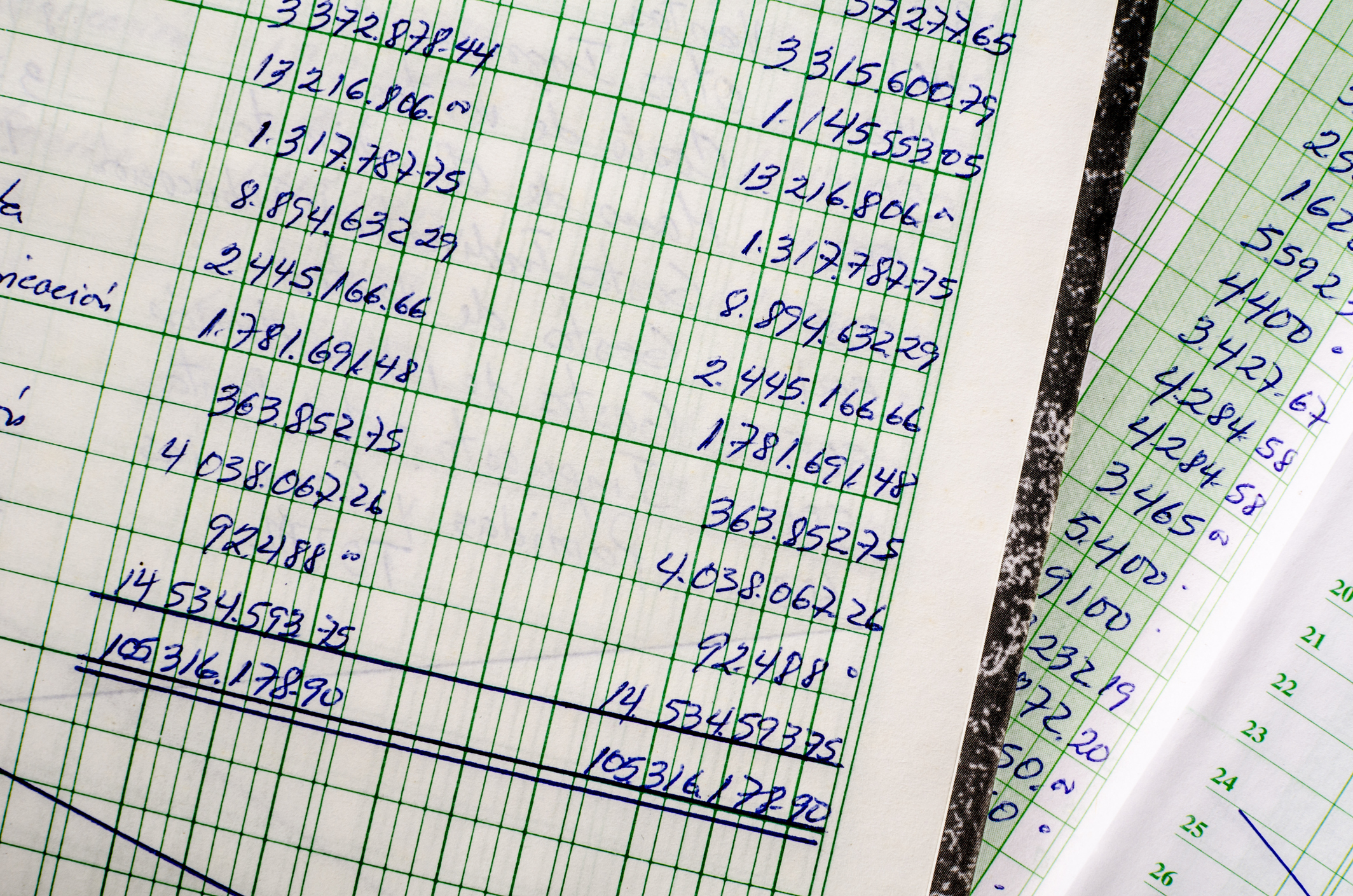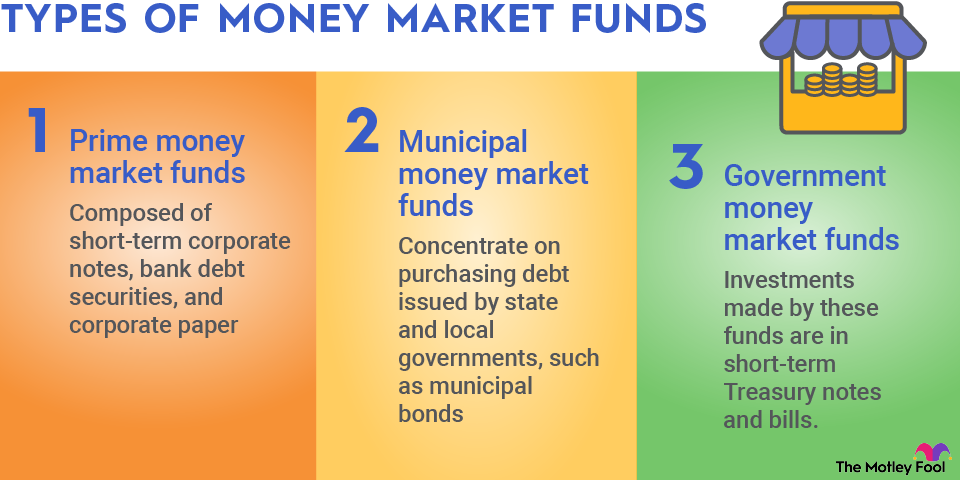If you’re a trader, you’ve almost certainly heard of unusual patterns that have been observed in both stock and other securities trading data. The Monday Effect is one of these patterns.
What is the Monday Effect?
The Monday Effect is a theory in finance that the prevailing trends in the stock market on Friday will continue into Monday. In very simple terms, if the market is up at close on Friday, it’ll continue to go up at the open on Monday, and vice versa. Some day traders rely on this theory to make trading decisions.

Who discovered the Monday Effect?
The Monday Effect was first proposed by Frank Cross, an academic who studied the stock market. Cross published an article called “The Behavior of Stock Prices on Fridays and Mondays” in Financial Analysts Journal in 1973. He looked at data from the New York Stock Exchange (NYSE) that paired each Friday to each following Monday for the years of 1953 through 1970.
What he found was interesting, though certainly not enough to hang your retirement on. First, he discovered that Friday was often the best-performing day for the S&P 500, rising 62% of the time.
Second, he noted that after those 523 winning Fridays, the S&P 500 continued to gain on the following Monday 49% of the time.
Another interesting finding was that on those 313 Fridays that the stock market finished down, the odds that the S&P 500 declined on the following Monday were 3:1.
What causes the Monday Effect?
There are a lot of theories about what causes the Monday Effect, but no one really knows for certain. For the entire decade between 1987 and 1998, this pattern generally wasn't observed, according to a Federal Reserve study, though the pattern has since returned.
A few commonly attributed causes of the Monday Effect are:
- Short-sellers covering their positions on Friday because the market closes for the weekend
- Market sentiment simply being higher toward the end of the week as people’s moods brighten in anticipation of the weekend
- Companies tending to delay releasing bad news until after the closing bell on Fridays
Because it comes and goes, it’s difficult to pinpoint what exactly causes this phenomenon. It's likely that many different factors feed into this pattern.
How can you use the Monday Effect to improve your trades?
If you have a long-term trading mindset, you shouldn't pay much attention to theories like the Monday Effect, for a couple of reasons. First, your goal is five or 10 years down the road, not next weekend. Whether you sell your shares on a Monday or a Friday after holding them for many years doesn’t generally make that much difference.
Secondly, the Monday Effect doesn’t always play out. Trying to time the market, even for the Monday Effect, is impossible. Remember, the Monday Effect was found to show a Monday gain only 49% of the time after a Friday gain, and it didn’t even happen at all through most of the 1990s. That’s hardly worth betting your future on.
However, it may be useful to keep in mind that Fridays can be higher-value days because of general sentiment. If you’re planning on selling anyway, a Friday sale could net you a few extra dollars, depending on how much you have invested.

















